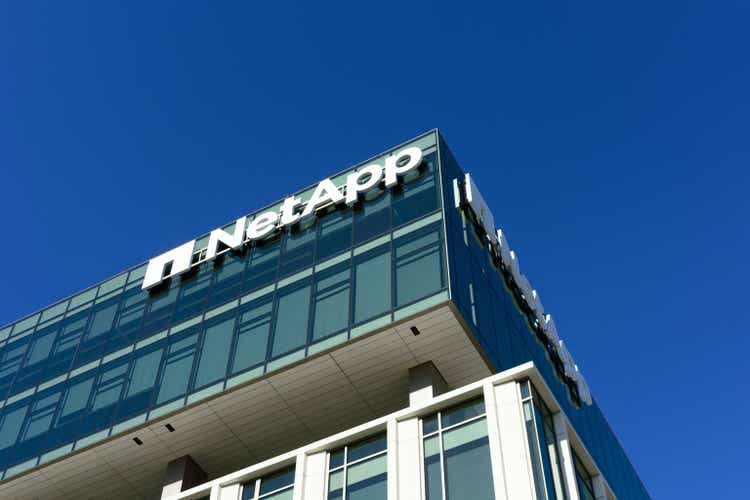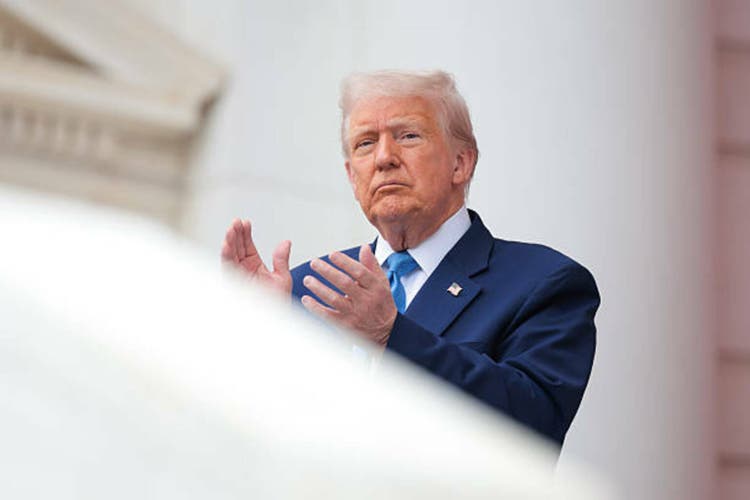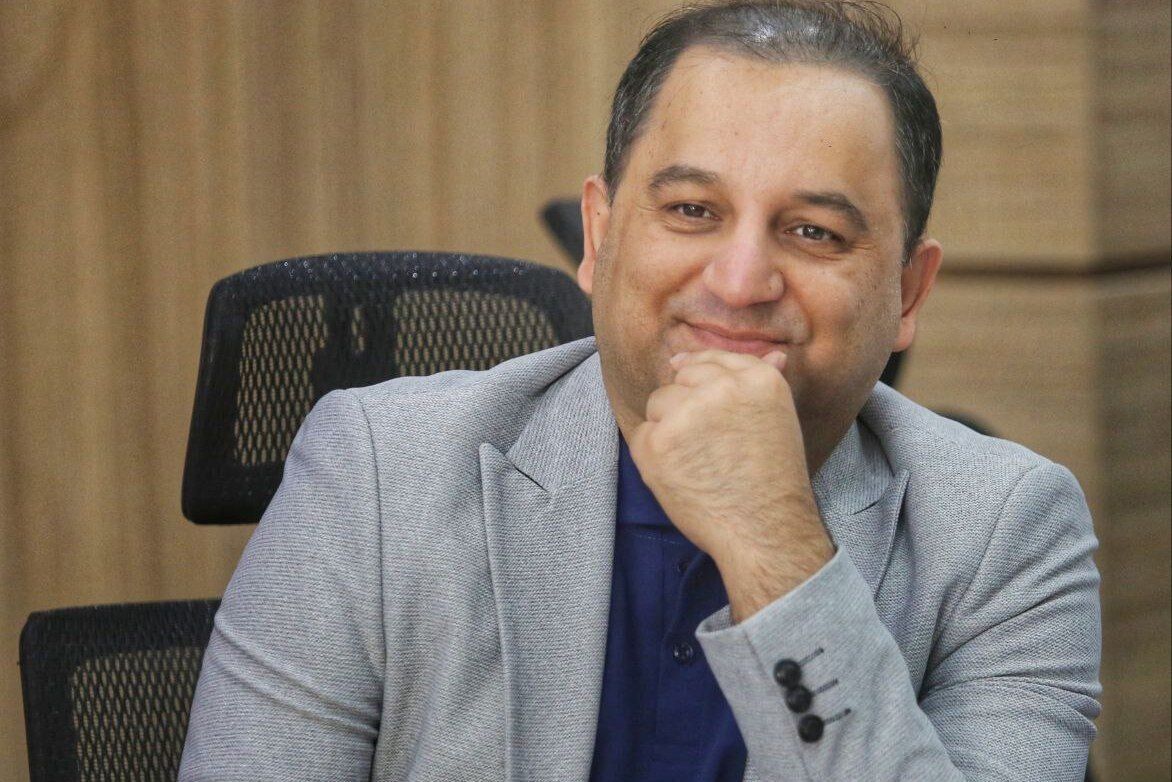Today, Parisa Sadrzadeh is a top exec at the $87 billion food-delivery giant DoorDash, leading new initiatives aimed at strengthening restaurants and retailers’ businesses inside their existing four walls—and guiding the recent decision to make a billion-dollar acquisition to boost those efforts.
But about 15 years ago, she was a young college graduate with an English degree and dreams of a big future in journalism. Until a bit of luck, and a whole lot of betting on herself set the stage for a rapid ascent inside one of the world’s most powerful technology companies.
After graduating from the University of Washington in 2010, Sadrzadeh found herself in need of a job. Her long-term professional goal was to make a career out of storytelling but she took what she envisioned as a stopgap role at Amazon to make some cash until she could figure out a path forward. There, she was paid an hourly rate reviewing self-published books to make sure they didn’t violate Kindle policies. Not exactly her grand vision.
“I wasn’t even a customer,” she told Fortune recently. “I literally knew nothing about Amazon.”
But Sadrzadeh had a self-described “thirst for learning,” and a director at the company noticed. She was soon partnered with a team of engineers and a mandate to automate some of the tasks. The project was going well enough that the superior quickly recommended she pursue a position as a product manager, a role that typically helps orchestrate and oversee the development of a product or service from conception to public launch. She took the advice and earned a product manager role within a year.
“I think that’s when the game changed for me and I thought I could be at Amazon forever,” she said.
From there, Sadrzadeh consistently exhibited a “blind faith” in herself, volunteering to solve hard problems for her bosses, confident she could figure it out even if she had no experience tackling similar issues. She did it as a young project manager on Amazon’s former express delivery service known as Prime Now, which helped lead her to a role on the founding team of Amazon Flex, Amazon’s delivery program for gig workers.
“Once you are known as somebody who can get shit done when there’s an ambiguous problem ahead of you,” she said, you are more likely to have bosses trust you when you want to take on new challenges at the company.
By the time she was 32, Sadrzadeh had risen to a vice president role at Amazon–one of the youngest women to ever achieve the rarefied title at Amazon, which counts just a few hundred VPs across its 1.5 million-person workforce. She led the company’s global DSP – or “delivery service provider” business – the backbone of Amazon’s last-mile delivery operation powered by small and mid-sized delivery businesses often dedicated exclusively to deliver packages to Amazon customers.
But soon her desire for new challenges led her to accompany former top Amazon exec Dave Clark and a team of fellow colleagues to the logistics startup Flexport, where she would learn about leading teams in a tumultuous startup setting.
“I get bored pretty easily,” she said.
Now 35, Sadrzadeh recently took her “scariest jump” to date—quietly joining DoorDash, where she had no deep prior relationships, last year as a vice president of strategy and operations. Her initial mandate was to expand DoorDash’s suite of software tools for restaurants and other retailers—the DoorDash Commerce Platform—to help them build and manage their businesses inside their physical locations.
To that end, Sadrzadeh recently guided the company’s decision to spend $1.2 billion to acquire the hospitality software company SevenRooms, which makes products aimed at helping restaurants and hotels manage bookings, reservations, and customer relationships. Sadrzadeh will manage that team and business after the deal closes.
“While DoorDash solved a massive problem for merchants during the pandemic…introducing a delivery capability to many who had never considered doing it before,” she told Fortune, “[another] challenge ended up being how do you grow my actual volume in my physical store because those are my most profitable consumers.”
Reflecting on her rapid professional ascent, Sadrzadeh admitted that she owes some of it to being at the “right place, right time” at Amazon and to a strong support system of superiors advocating for her. But she also believes other young professionals are capable of similar trajectories with their own twist on her approach to professional growth.
“You can’t wait for someone to open doors for you,” she said. “You have to just find the challenges and present yourself as a person who can solve them.”
This story was originally featured on Fortune.com

 18 hours ago
1
18 hours ago
1















 English (US) ·
English (US) ·